Hi i'm playing with c++ pointers and also using program called RamMap from microsoft for inspecting memory physical address.
but i figure out that the address of variable pointer in c++ does not exist in list of RamMap
For example:
#include <cstdlib>
#include <iostream>
#include<conio.h>
using namespace std;
int main()
{
string var1="var1";
string * foo = &var1;
cout<<foo;
getch();
return 0;
}
After that i looked at RamMap and search this address but can't find anything
Can anyone help me? i'm so confused and i noticed my pointer address does not change every time i rerun program

